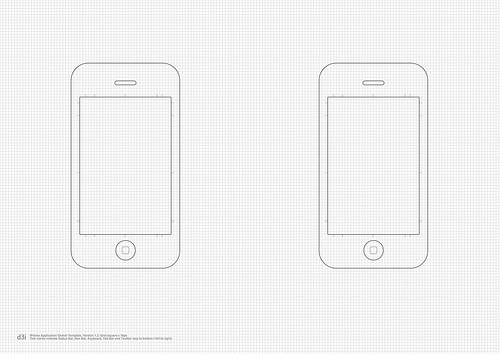Intellectual property is the heart of an innovative business. I’ve been mentoring a couple of technology start-ups on how how to take their ideas to market.

The sad fact is that no matter how good your intellectual property is, if no one can buy your product, then you don’t have a business, you have an empty “invention”.
A business and an idea, or a business idea?
My least favourite waste of time is cold-calls from inventors who tell me that they can’t tell me what their invention is without a Non-Disclosure-Agreement…. Now, I respect the importance of IP law (and priority claims in patents) as much as the next guy… But, if the only thing protecting your business model is NDAs, then you have a bigger problem than intellectual property.
The world is not at a shortage of good ideas. It’s at a shortage of people who can take those ideas and turn them into reality.
Execution eats strategy for breakfast
Executing a business plan (to commercialise an idea) is the hard part. So far, I’ve seen three main routes to commercialisation that work:
- Turn the idea into a product and build a business.
- License the idea to a big player and let them turn it into a product.
- Do number (1) so that you can gather proof that number (2) will work.
Proof of concept
I’m increasingly in favour of number 3. Which I call the “Pay to Play” commercialisation model. Basically, what you do is create a sample product in a niche market using your idea as the core. This allows you to provide potential investors, licensees and partners with a “Proof of Concept”.
In practical terms, it means that you’ve proven your commitment to the idea by being willing to do the work to see it come to life. Creating a working proof of concept is harder than just rocking-up to a big company with your idea and selling it outright. But the chances of success are increased dramatically by having an example product in your hands.

That’s quite true that your product is considered as valuable when and only people buys it, it doesn’t make any sense if no one buys it. Doesn’t matter eventhough it is patented. The best thing one can do is to implement the best ideas into reality.